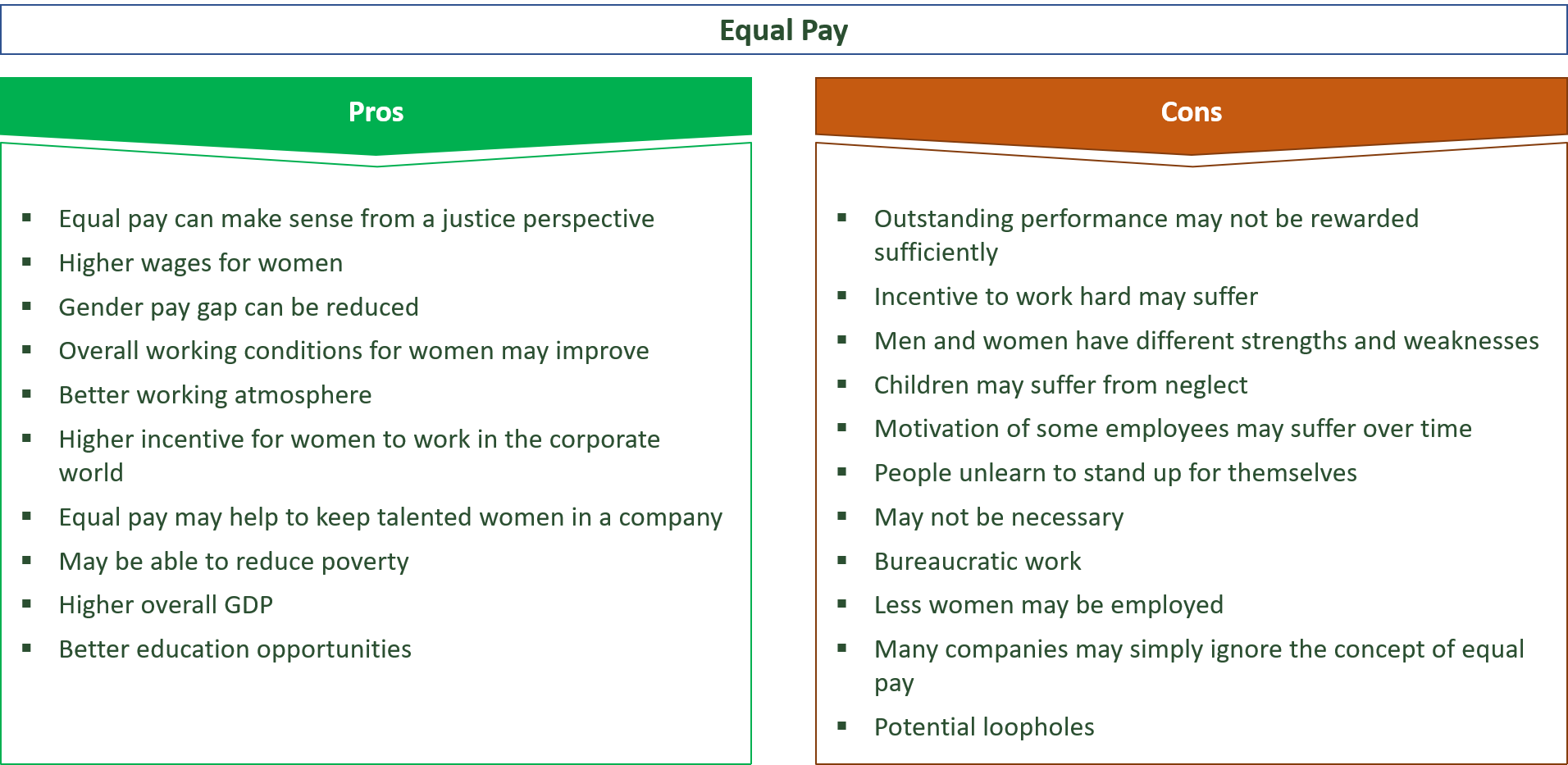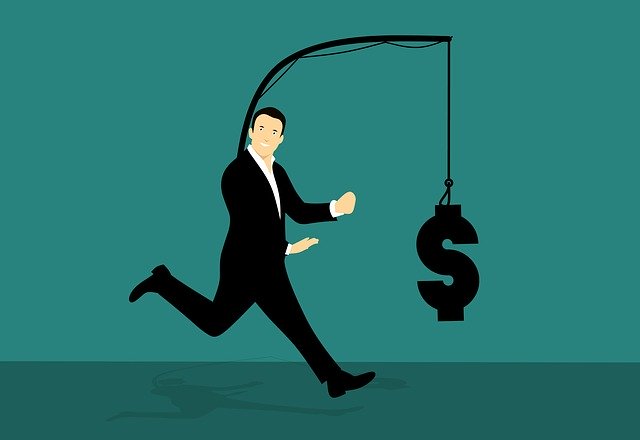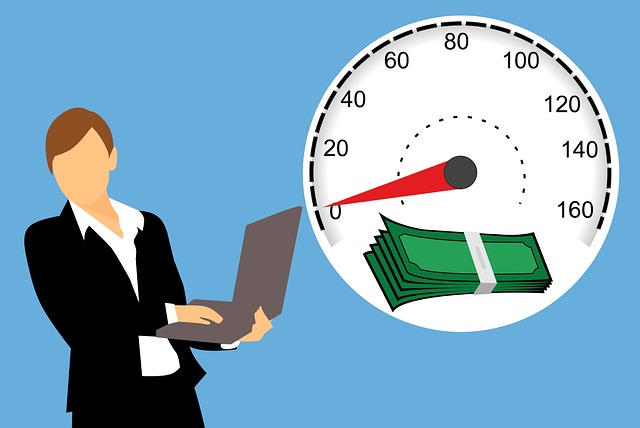“Join the union, girls, and together say Equal Pay for Equal Work.”
Susan B. Anthony, Activist
Advantages & Disadvantages of Equal Pay

The concept of equal pay has become quite popular over the past years and is also a rather controversial topic.
It states that within a company, every employee should get the same wage for the same work, independent of the gender of a person or other personal factors.
Even though there are many advantages related to equal pay, this concept also has its weaknesses.
In this article, the pros and cons of equal pay are examined in detail.
Audio Lesson
Contents
Advantages of Equal Pay
- Equal pay can make sense from a justice perspective
- Higher wages for women
- Gender pay gap can be reduced
- Overall working conditions for women may improve
- Better working atmosphere
- Higher incentive for women to work in the corporate world
- Equal pay may help to keep talented women in a company
- May be able to reduce poverty
- Higher overall GDP
- Better education opportunities
Equal pay can make sense from a justice perspective
One crucial advantage of equal pay is that it can make quite a lot of sense from an overall fairness perspective.
If you do the same work as your colleague every day but you only earn a significantly lower income, chances are that you will become quite frustrated over time since you will simply not consider this to be fair.
Over the long run, this may lead to a state where you will only work the minimum and may no longer have any ambition in your job.
In such cases, equal pay can help since it promotes equal pay for equal work and if you do the same work in the same quality as your colleagues, chances are that you will also get the same wage at the end of the month.
Hence, this may also greatly improve your overall level of motivation to carry out your job in the best possible manner since the overall fairness would increase significantly.
Higher wages for women
Equal pay is especially beneficial for women.
Women still earn significantly lower wages in many countries all over the world.
Even if jobs are quite similar, women still earn less money compared to men in most cases.
Yet, from a human rights perspective, this should not be the case and if women do the same work and achieve similar work results like men, they should also be compensated in a similar manner.
Consequently, especially in countries where women are still paid far less compared to men, it can make quite a lot of sense to introduce equal pay schemes in order to increase the level of fairness at the workplace for women.
Gender pay gap can be reduced
Similar to the previous argumentation, the gender wage gap can also be reduced through the introduction of equal pay in general.
There should be no reason why the gender wage gap even exists and women should be able to earn similar wages like men if they work equally hard and contribute to corporate success in an equal manner.
Hence, the concept of equal pay can also reduce the gender wage gap issue.
Overall working conditions for women may improve
Equal pay may not only increase the basic salaries for women, the concept of equal pay may also provide additional benefits.
For instance, in many companies all over the world, men are still much more likely to get company cars and also to get promoted to leading roles in a company.
This also implies that women often have it much harder to get those additional benefits due to historical constructs.
In order to give women more opportunities to work in leading positions in a company and to also give them access to many other benefits, equal pay can help in this regard since it not only promotes equal wages for the same work, the concept of equal pay also raises the awareness on the problem of gender inequality.
In the long run, through this increased awareness, it will become more likely that corporations rethink their strategy towards a more open and tolerant company culture.
Better working atmosphere
Since women will be able to earn better wages on average through the introduction of equal pay policies, chances are that they will also be happier with their job on average and their overall level of motivation may increase significantly.
In turn, also the risks for conflicts may decrease and the overall working atmosphere may become much better as well.
Hence, equal pay can not only benefit women on an individual basis, it can also lead to a better corporate culture in general and may therefore also increase the quality of life of male workers as well.
Higher incentive for women to work in the corporate world
In general, through equal pay schemes and the implied higher wages for women, women will also be much more willing to work in the corporate world since they can contribute more to the overall family income.
In many cases, women may even earn significantly more than their husbands and may earn the whole family income while their men will take care of the kids at home.
Therefore, through the introduction of equal pay, families may get a greater level of flexibility regarding who will be the bread-winner in the future and who stays at home and takes care of the kids.
Equal pay may help to keep talented women in a company
The concept of equal pay may not only be beneficial for female employees, it may also benefit corporations all over the world.
Talented people are rather rare and every company wants to keep those talents in the company as long as possible.
Equal pay can increase the chance to keep those women since they will earn higher wages on average and will have less incentive to quit their job.
Hence, in order to keep talented women inside a company, the concept of equal pay may also help in this regard.
May be able to reduce poverty
Another benefit of equal pay is that it may also help to reduce the overall level of poverty in a country.
In some countries of our planet, women are often only paid quite low wages while corporations make big profits.
This is especially true for countries where women are still not regarded to be equally important as men and suffer from serious gender inequality.
In such cases, equal pay may really help those women since it can substantially increase their salaries.
Higher overall GDP
Since women will have a higher incentive to work in the corporate world with equal pay schemes since they will be able to earn more money on average, also the overall GDP of a country will likely increase since if more people work, more goods can be produced.
In turn, the overall wealth in the respective country may increase as well.
Therefore, equal pay schemes may not only be beneficial on an individual basis, but also for the economy of a country as a whole.
Better education opportunities
If women are able to earn more money due to equal pay, they will also be able to spend more money on education.
Education is crucial to get out of poverty and to succeed in life and it is therefore crucial to improve our global education opportunities as much as possible.
Moreover, if women earn higher wages, they will also be able to spend more money on the education of their kids, which may also have a higher chance of a better life.
Hence, equal pay may give people much better education opportunities and therefore a much higher chance to succeed in life.

Disadvantages of Equal Pay
- Outstanding performance may not be rewarded sufficiently
- Incentive to work hard may suffer
- Men and women have different strengths and weaknesses
- Children may suffer from neglect
- Motivation of some employees may suffer over time
- People unlearn to stand up for themselves
- May not be necessary
- Bureaucratic work
- Fewer women may be employed
- Many companies may simply ignore the concept of equal pay
- Potential loopholes
Outstanding performance may not be rewarded sufficiently
As we can see from the previous analysis, there are several important advantages of equal pay.
Yet, there are also some problems related to this concept.
For instance, one disadvantage of equal pay is that outstanding performances at the workplace will often not be rewarded in a sufficient manner.
Let’s assume you are a quite ambitious worker and are willing to work long hours every day for your company while most of your colleagues work far less.
However, at the end of the month, you get your paycheck and you notice that you don’t earn much more than your colleagues.
How would you feel in this moment?
I think you would feel quite frustrated since all the hard work has not paid off for you.
Making things worse, you may not even get promoted.
Hence, chances are that you will not consider the equal pay scheme as fair at all since it does not reward your hard work but rather tries to flatten the wages across the staff.
Incentive to work hard may suffer
Since your outstanding work will not be rewarded too much due to equal pay policies, chances are that you will not be willing to work hard in the long run since you will not be rewarded for it in a sufficient manner most of the time.
This will not only be true for you, but for many other ambitious people.
In the long run, the best and most ambitious people will likely leave the company or even the country if equal pay policies are implemented in a nationwide manner since those people do not work harder than others but only get similar salaries.
Thus, equal pay can take away the incentive to work hard from people and in the long run, also the company success may significantly suffer due to that.
Men and women have different strengths and weaknesses
Although it is often claimed that men and women are equal, they are indeed not.
Numerous studies found that men are more talented in area A whereas women are more talented in area B.
Hence, it may not make sense to pay equal wages to men and women in a respective area since they will simply not be equally productive.
If one gender is more productive in the respective sector than the other, it can make sense to pay higher wages to the gender that is more productive while paying lower wages to the gender that is less productive.
Children may suffer from neglect
Another problem of equal pay is that it might indirectly lead to the neglect of children.
For instance, if more women work in the corporate world due to better wages through equal pay policies, chances are that many children will no longer have the attention of their mother and may therefore suffer from neglect and also from serious mental issues in the long run.
Consequently, equal pay may also be bad for some children who will get less attention from their parents.
Motivation of some employees may suffer over time
Through the implementation of equal pay, some employees may also get quite frustrated over time.
This is especially true for hard-working people who really suffer in order to achieve the best possible success for the company they work for.
If those people realize that their hard work does not pay off at all due to equal pay policies, chances are that those people will simply lose all their motivation for hard work and may instead just work at a minimum speed.
Therefore, equal pay can also significantly decrease the overall motivation level of employees in a company.
People unlearn to stand up for themselves
Even though it is often claimed that it is unfair that women earn lower wages than men, women would actually have the opportunity to earn equal wages, even without equal pay policies.
Many women earn less than men since they simply do not stand up for themselves and when it comes to salary negotiations, women are often not brave enough to demand higher wages.
Hence, in order to solve the problem of the gender wage gap, it may be much more important that women stand up for themselves instead of implementing equal pay policies that may significantly take away the incentive to work hard from many ambitious employees.
May not be necessary
While equal pay policies can make quite a lot of sense in countries where there is still significant gender inequality, it might not make too much sense in our Western world.
In fact, in many Western countries, women already have equal rights and it is on them to really claim those rights and to demand higher wages.
Therefore, equal pay may not be necessary at all in those countries.
What’s necessary is that people claim the rights they already have in order to improve their overall conditions.
Bureaucratic work
Another downside of equal pay is that it also requires a significant amount of bureaucratic work.
In order to track the success of every individual worker, companies will have to do significant bureaucratic work, which in turn also implies significant additional labor costs.
In turn, this may lead to lower company profits and therefore also to lower wages in the long run.
Fewer women may be employed
Corporations may also take the requirements for equal pay into account when it comes to searching for new prospective employees.
This may lead to a state where corporations may be less eager to employ women, especially for jobs where men are much more productive since companies will be able to maximize profits by doing so.
Thus, also the overall chances on the job market may become worse for women through the implementation of equal pay policies.
Many companies may simply ignore the concept of equal pay
Some companies may even just ignore equal pay policies and rather accept to get fined at one point in time since it might still be more profitable for them to do so instead of complying with those excessive equal pay restrictions.
Therefore, while the concept of equal pay can make sense in some industry branches, it may simply not be implemented by companies and thus, the true effects of those policies may be quite limited.
Potential loopholes
Another issue of equal pay policies is that there will be many loopholes that can be exploited by companies.
For instance, equal is a term that is subject to plenty of discretion and it is not easy to determine if the quality of work of employee A is indeed equally good as the quality of work of employee B.
Hence, there is plenty of room for individual judgement regarding the equality aspect and chances are that loopholes in this concept will be exploited on a regular basis.

Top 10 Equal Pay Pros & Cons – Summary List
| Equal Pay Pros | Equal Pay Cons |
|---|---|
| Equal pay may be considered to be fair | Hard work may not be rewarded |
| Reduction of gender pay gap | Men and women are indeed not entirely equal |
| Higher wages for women | Men may feel discriminated |
| Better education opportunities | Equal pay may lead to frustration |
| May improve working atmosphere in companies | May hurt companies in the long run |
| Higher incentive for women to work | Fewer women may be employed |
| Overall increase in GDP | Possible neglect of children |
| Equal pay may reduce poverty | People should stand up for themselves |
| Can help keeping good female employees | May not be necessary in many countries |
| Important for our cultural development | Requires some bureaucratic work |
Do We Need Equal Pay?
There are definitely many arguments for and against equal pay.
While equal pay can make sense under certain circumstances, it can also do more harm than good and in my opinion, there is no need for equal pay in many cases.
Instead, people should learn to stand up for themselves in order to earn higher wages in a more natural manner.
Sources
https://en.wikipedia.org/wiki/Equal_pay_for_equal_work
https://www.equalityhumanrights.com/en/advice-and-guidance/what-equal-pay
https://www.equalityhumanrights.com/en/our-work/equal-pay

About the author
My name is Andreas and my mission is to educate people of all ages about our environmental problems and how everyone can make a contribution to mitigate these issues.
As I went to university and got my Master’s degree in Economics, I did plenty of research in the field of Development Economics.
After finishing university, I traveled around the world. From this time on, I wanted to make a contribution to ensure a livable future for the next generations in every part of our beautiful planet.
Wanna make a contribution to save our environment? Share it!